A psychologist whose name I did not record, wrote
“More than just keen observers of time, gardeners are real-life Time Lords, able to speed up time by working in the garden, and, later, to slow it right down by sitting back and surveying the fruits and flowers of their labour. Some gardeners are even able to step out of time altogether, working year round to create Arcadian moments of perfection.”
Not totally sure about “Arcadian moments of perfection”, but we are generally pleased with the way things are working out in our corner of the world – a never-ending project.
“Let’s find out”
The following was engendered by an article I happened across earlier in the week - link follows:
Since I retired I have spent a surprising amount of time trying to help people identify plants and animals, often via social media. This is the sort of activity that grows, the more you do it, because your posts will be noticed and that attracts more invitations to assist. I am far from complaining, in fact I get a lot of pleasure out of the simple activity of helping people put a name to something they have happened across whilst out walking or in their gardens. Once things have names we start to begin to care about them - and that is important.
If you are not careful, there is the temptation is sometimes to go beyond one’s ability to be absolutely accurate – sometimes I have to pull myself up and double check before firing off a definitive reply. It's perfectly okay, and even admirable, to say "I don't know the answer." I would like to think that admitting I don't know something will demonstrate honesty and intellectual humility, though it might also cause people to think “he’s useless, I won’t ask him again”. It is important to recognize the limits of your knowledge and to be confident enough to not pretend otherwise.
I hope.
Saying "I don't know" opens the door to learning. It encourages me to seek out the correct information. Trying to bluff and appear to be infallible, even if it is done entirely inadvertently, is never particularly desirable.
When someone points to a bird on a branch, or a plant with unusual leaves, and asks, "What's that?" then should I not know, or not be able to find out reasonably quickly, I can (I should) respond by saying "I don't know, but let's find out together!" There's an invitation there to explore and learn side-by-side. This is especially valuable when the questions come from children.
One thing troubles me though. I am, by profession, a biologist and I am aware, because people have told me, that this gives me a certain aura of infallibility. Some questioners just take it for granted that all biologists should know the names of every flower and bird in the world, otherwise what are they there for?.
Well I (we) don’t. What I can offer however, is the specialist knowledge of where to find the information and to translate the academic jargon. I think that the layman doesn’t often realise that biology is an incredibly diverse discipline, encompassing everything from molecular biology to zoology, and it's impossible for one person to be an expert in all areas. Worse, and rather a complicating factor, is the assumption that all biologists are, ipso facto, nature lovers. Most are, I think, but it's far from being a prerequisite for excelling in the field considering that an awful lot of biologists live and work in laboratories and study “non-green” specialities such as microbiology, molecular biology, biochemistry, ecology, and genetics, for example. These days, university courses for taxonomists are as rare as hens’ teeth and job opportunities in field biology (the sort of biologists who can best do identifications) might be out there, but the pay rates are appallingly low and many of the jobs are precariously short term.
Why does being right matter? Who really cares so long as you are reasonably close in your identification? Well, here’s an example … two common umbelliferae are the wild carrot (Daucus carota) and poison hemlock (Conium maculatum). As these two photographs show they are superficially rather similar … except that the hemlock can kill you. To tell them apart, the best way is to note that the stems of wild carrot are usually covered in hairs, while those of poisonous hemlock are smooth and hairless stem with purple spots. Not many people photograph a closeup of plant stems when seeking an identification.
Meanwhile, keep sending those photos and I promise to do my best to help you put a name to them - and with no BS. It helps to keep this retired naturalist sharp and on his toes.
Yesterday’s well-fed Cooper’s Hawk returned this morning to check if the restaurant was open yet (it wasn’t).
Birds to look out for in the next couple of weeks
In the next week or two, several migratory bird species can be expected to return to the Montreal area. It’s still early days, of course, and the real fun doesn’t start until May, but around here (southern Quebec) I am anticipating …
Waterfowl: The ice on the river is almost gone and wherever there is open water migration of ducks and geese will be expected.
Turkey vultures and other raptors are already returning..
Sparrows: Song Sparrows are back in the past few days and other species should not be too far behind. Some such as White-throated and White-crowned will be passing through as they head northwards beyond us.
Kinglets: Both golden-crowned and ruby-crowned kinglets can be expected in wooded areas and shrubby habitats.
Red-winged Blackbirds: These birds are among the early arrivals, often appearing in March and continuing through April. The males are here now and the females will not be far behind.
Of course, the exact timing of bird arrivals can vary depending on weather conditions (lots of snow again this weekend) and other factors. Here are some of the guys I expect to see quite soon.
AI Photo Magic
In April last year I took this photograph of Phoebe - as is unfortunately too often the case the camera autofocus was confused by the branches and did not get the bird properly. So the picture went into the “record shot” folder rather than the “showcase” one. Recently I have been working with the Topaz Photo AI software and its latest update produced this … remarkable before and after comparison. The AI has invented nothing here - just (reasonably) intelligently refocused.







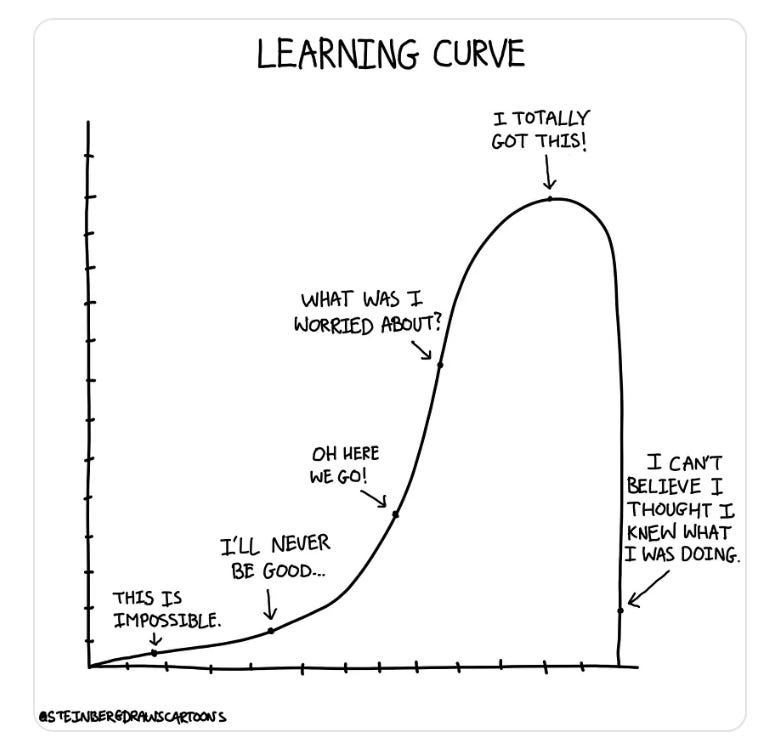
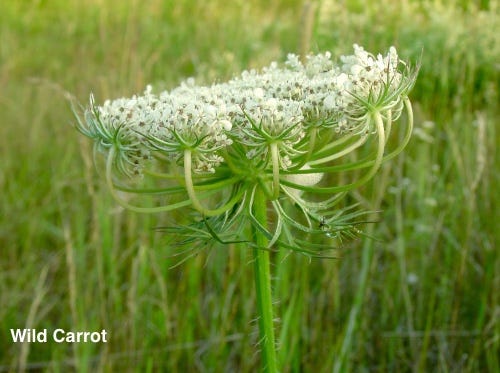
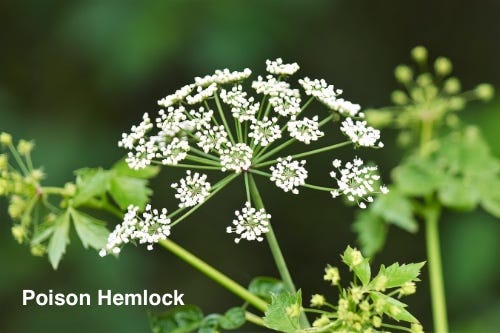
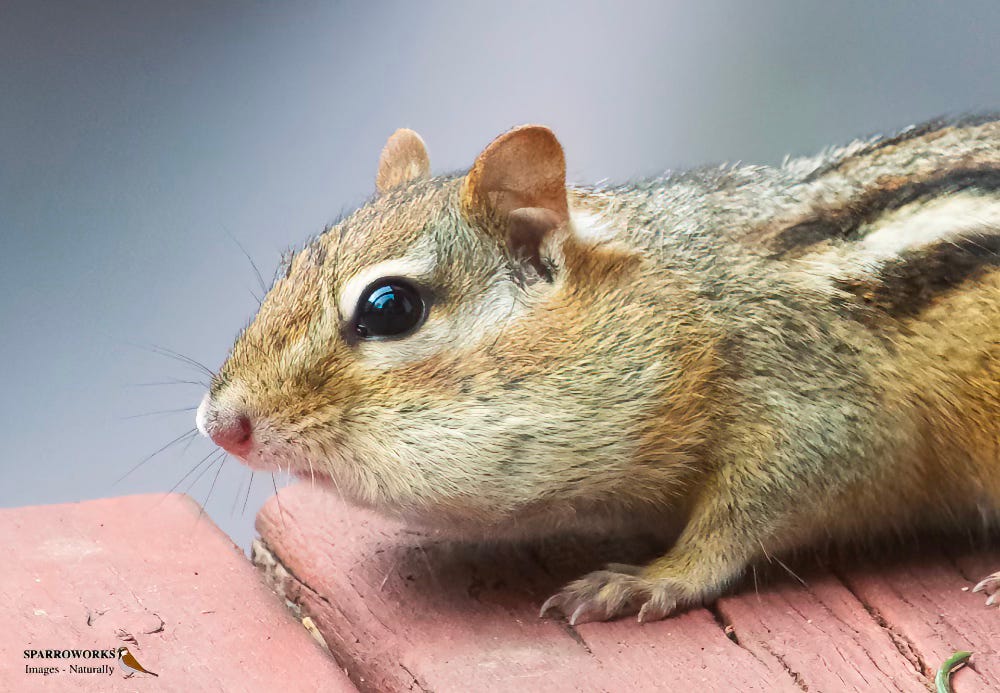
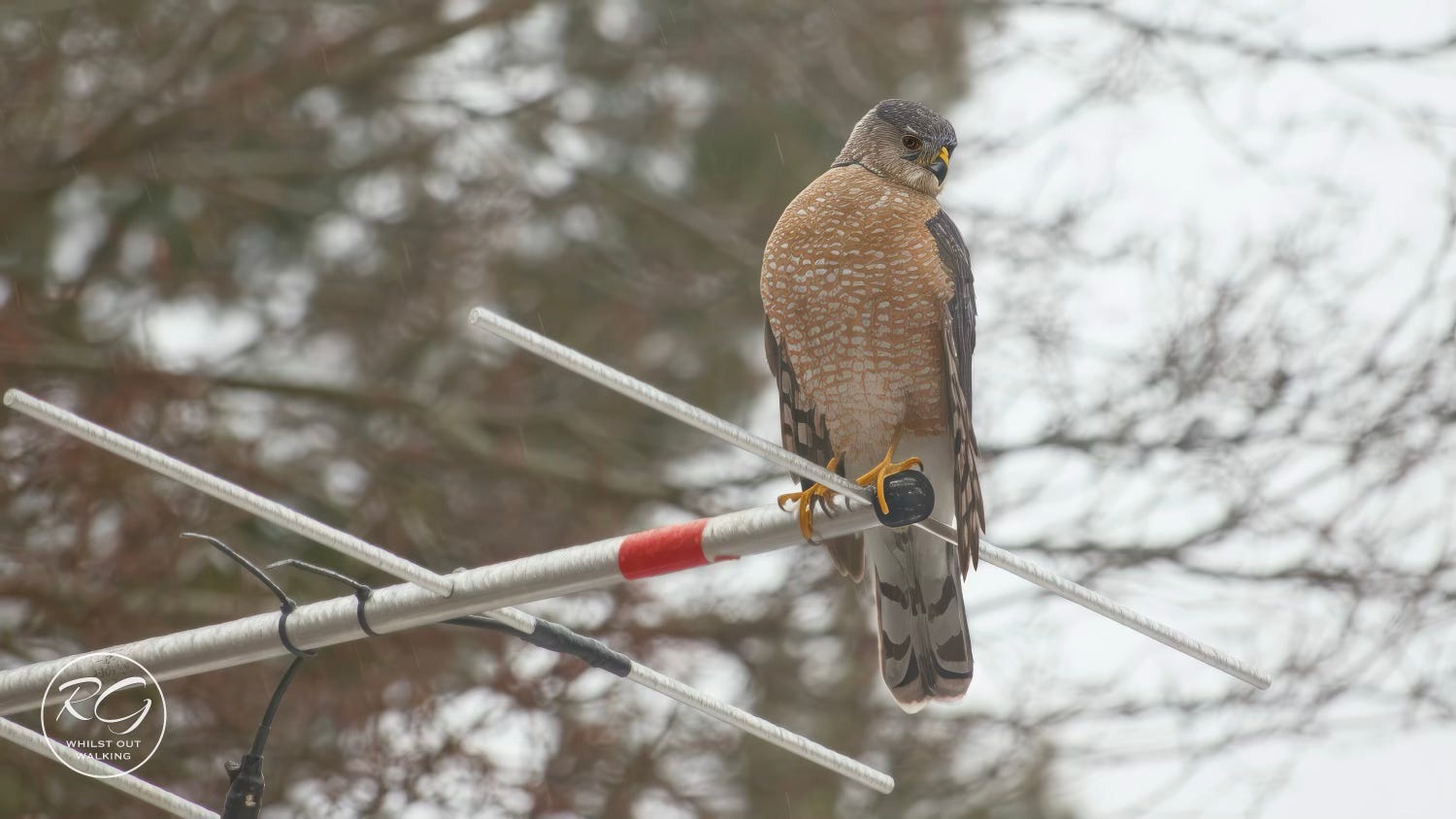



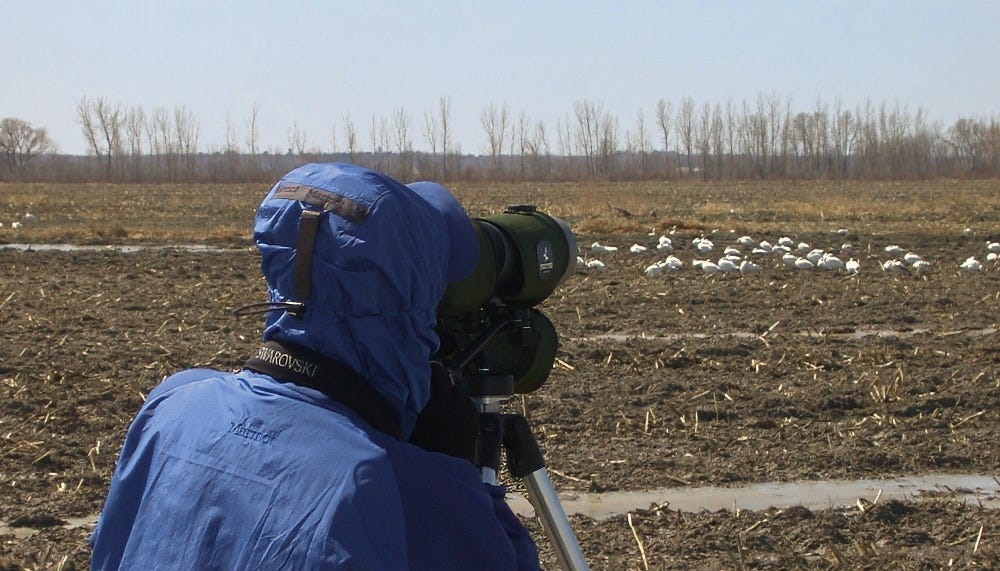

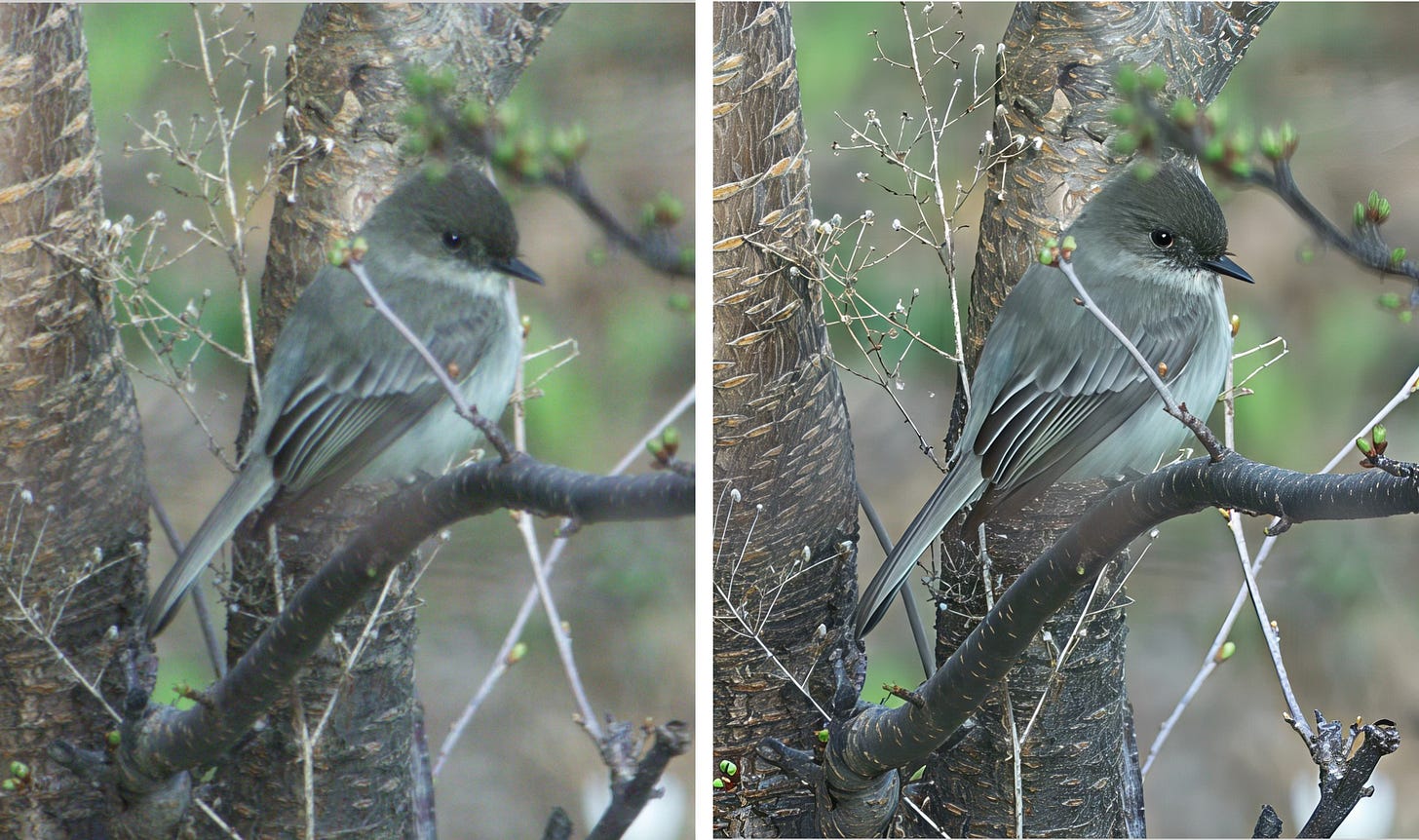

A rare occasion when Ai is a good thing? Quite remarkable what Topaz has managed. Great pics once again. Thanks for sharing.
Knowledge is important. Correct nomenclature is important
True names are the distilled wisdom of the world around us. I dread a return to a form of techno-barbarism driven by our addiction to social media- a true Tower of Babel if there ever was one and I keep my Latin books always close to hand. Nun quam aliud natura, aliud sapientia dicit.